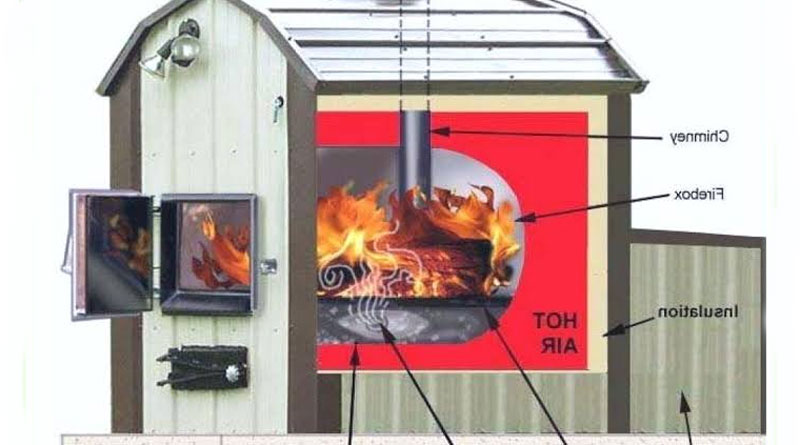Proof That Choosing Biomass Boiler Really Works
The biomass boiler may be one of the answers to our needs for an environmentally friendly renewable heat source. You may be wondering what a bio mass boiler is. Considering everyone knows a boiler is simple furnace that boils water, the only question is what exactly biomass is. Biomass is the product of any living organic plant or substance that is typically left over after it dies. Examples include peanut shells, corn husks, wood, bark, sawdust, and pretty much every other plant item you can think of.
Why is biomass considered to potentially be one of the safest renewable sources of energy around? Because biomass comes from plants, when they are burned they produce no net carbon dioxide. Unlike the large amounts of carbon dioxide that is released into the atmosphere from fossil fuels, biomass originates from plants that draw carbon dioxide from the atmosphere. This same carbon dioxide is then released back into the atmosphere when biomass is burned. Therefore, there is no net increase in atmospheric carbon dioxide. Along with these environmentally friendly aspects, there is also the fact that biomass is completely renewable. These all add to the advantages of the biomass steam boiler, which is run strictly on biomass fuel.
How does a biomass boiler work?
It essentially utilizes the heat given off by the combustion of biomass to heat water, which is then used in a number of ways from a hot shower to central heating. There are a number of biomass boilers on the market, and they differ in their size, operation and efficiency. Although some larger boilers may be more efficient, they may be too large for household use. A bio mass boiler should be chosen that fits the job it will be utilized for, be it central heating for a household or even industrial use.
A biomass steam boiler could easily save you a significant amount of money on heating bills because biomass is typically cheaper than natural gas at today’s marker prices. The efficiency of a given boiler typically depends on the particular design. Usually, the boiler with the higher surface area of pipes with water will be more efficient at transferring heat to the water that is being boiled. Steam boilers have the added advantage of easily transferring heat all around the house very quickly without condensation taking its toll on the pipes over time.
The biomass boiler is a viable option for the heating needs of the average household. Although it will cost a significant amount to install, you will reap the rewards of having an environmentally safe, carbon dioxide neutral, renewable source of heat energy. Not to mention the savings on fuel which can be in excess of a few hundred dollars each year. If you have a readily available source of biomass such as a yard of a wood, considering an efficient biomass boiler for your household might be a very good idea.

